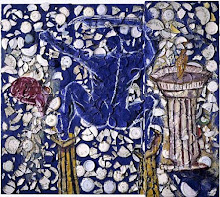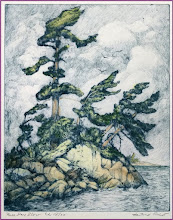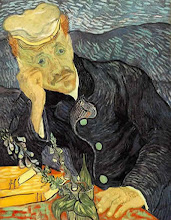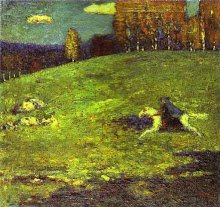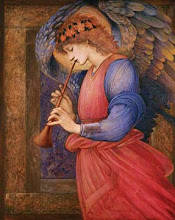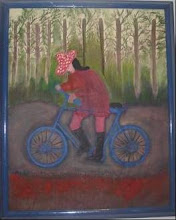Everything is the virus. I have become the virus, beginning my day with my phone, checking the latest quarantines, the latest emergencies. Everything that kept at bay the depression I have suffered from all my life—thrice-weekly spinning classes at 50/50 Fitness, breakfast in my local café, writing groups in nearby towns, biweekly dinners with my grown son in New Hampshire—has been cancelled. Everyone I know, depressed or not, is staying away from one another so that we don’t spread the virus. I text, call, e-mail, or instant message family and friends. The only person with whom I am not practicing social distancing is my partner, Stan, whom I see every night and without whom I could not imagine this life in Corona.
I am 65, in the at-risk group for people vulnerable to this strange disease named after a crown and originating in a bat half way around the globe. And yet, there are others who are older who model hope: Dr. Anthony Fauci, the infectious disease specialist who addresses our nation frequently and is now the most respected man in America. Dr. Fauci is 79 and runs three and a half miles every day; he says this pandemic “will get worse before it gets better” but that we can defeat it. All we need to do is stay home, “flatten the curve,” our generation’s act of self-sacrifice.
I survive by meditating. 10 minutes every morning, before I make coffee: “Body/Mind/Spirit in perfect oneness” is the mantra I whisper again and again, the mantra my primary care doctor taught me in a wellness visit months ago, B.C., Before Coronavirus, when all I worried about was fighting depression and controlling my high blood pressure. My doctor confided that he meditated for up to forty minutes every morning—RPM, he jokingly called it, Rise, Pee, Meditate--and that it made him a better doctor, more able to focus on his patients instead of worrying about them. Meditating hasn’t lowered my blood pressure—I still take 5 mg. of Lisinopril every day—but it has made me less depressed. Less anxious. Able, if not to embrace the apocalypse, at least to face it.
I survive, too, by writing, or at least sitting down to write--from nine until noon, a ritual that has recently become sweeter with Stan spending the morning with me before returning to his home in Northampton. Before Coronavirus, I was making good progress on my memoir about my parents’ divorce, a landmark case in Massachusetts law that went to trial and rewarded a woman’s unpaid work in marriage. In the best of times, this story was challenging to write. Now, though I still dream about it, I have put it aside. Instead, I jot down quotes and facts: how Shakespeare rode out the plague in the summer of 1592 by writing poems, “The plague is banished by thy breath”; how, in the 1918 Flu Epidemic, thousands of lives were saved when the city of St. Louis elected not to hold a parade. How the doctor-hero of Camus 1941 novel, The Plague, observes that even though pestilence reveals life as random and unfair, we must still work to save others, that heroism is what makes us human. In my journal, I note that Camus was one of my dad’s favourite writers, a maybe-not-so-random detail that will, tomorrow morning or the next, lead me where I need to go.
In the afternoons, I walk my Standard Poodle, Puddle, or ride my bike along the Norwottuck Rail Trail. Now that the schools are closed and most people are working from home, the paths are crowded. But we keep our distance, and sometimes we greet one another, chat about our dogs’ personalities or share how we are holding up. As in other national crises, such as after the attacks of 9/11, people are open, porous, ready to bow before a larger world that is no longer “all about me, but about us.” There are exceptions: the older man with a miniature poodle who greeted me with an f-bomb-laced invective. All because I had let Puddle--a certified therapy dog who usually brings a smile to everyone she meets--temporarily off leash. But when I narrated this tale to the young couple I met ten minutes later, they commiserated and said, “It’s hard. People are on edge.”
Yes. People are on edge. But we will get through this. The warmer weather will come and the virus may wither, as SARS did in 2003. And even if it lasts longer, most people who get the virus will recover. This scourge cannot last forever. As Robert Frost said, “In three words, I can sum up everything that I have learned about life. It goes on.”
